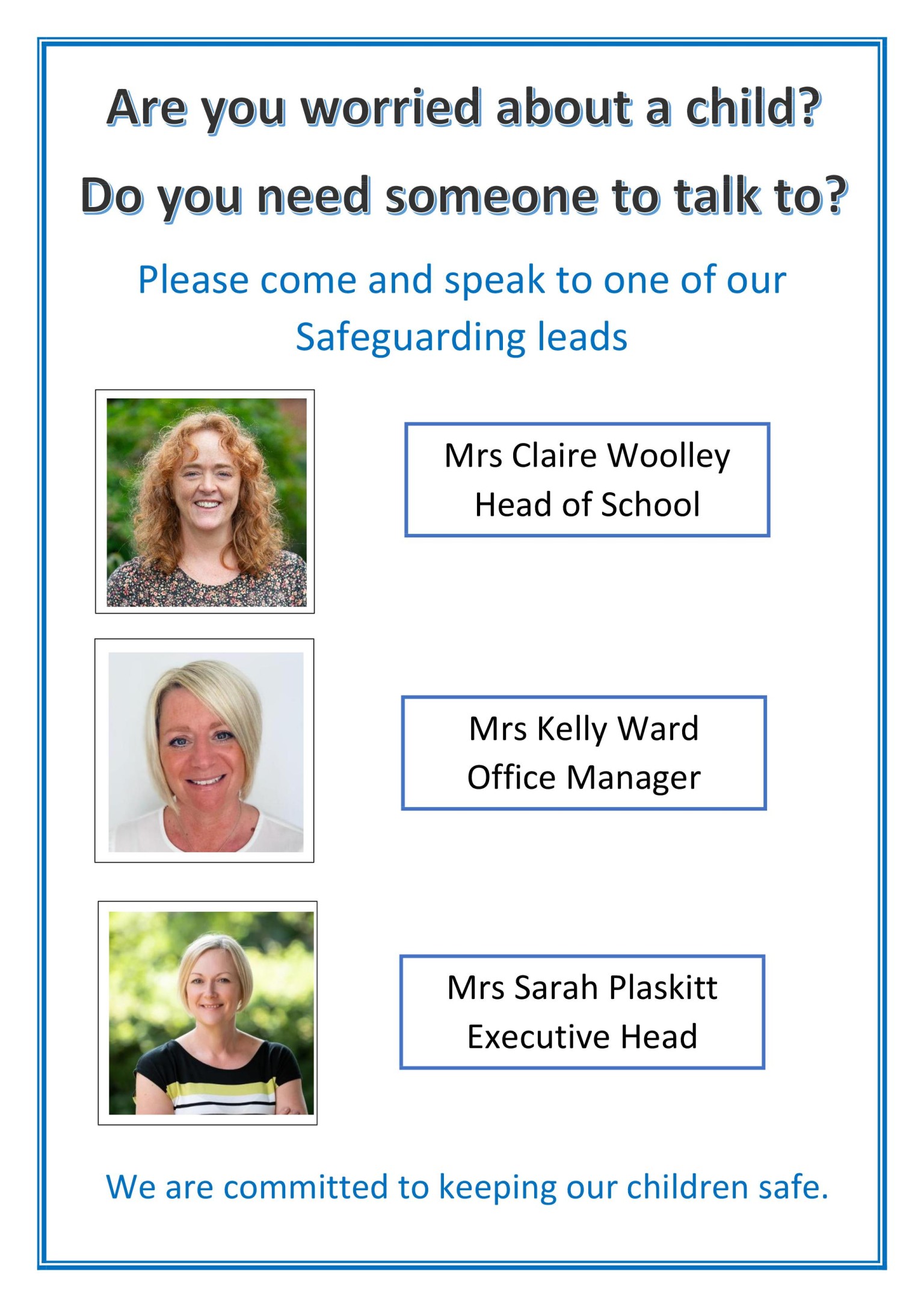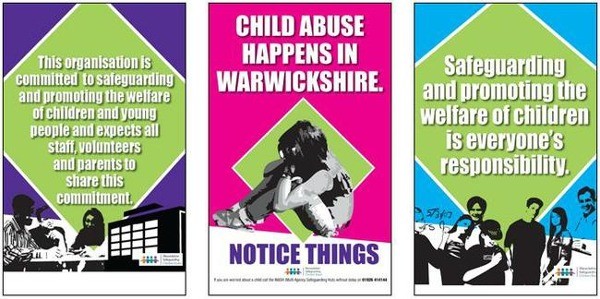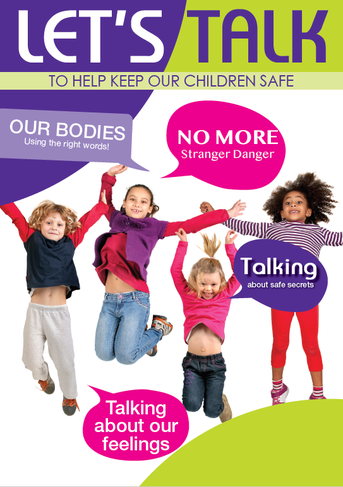"There is a strong culture of safeguarding across the school."
(Ofsted, February 2023)
Safeguarding
This organisation is committed to safeguarding and promoting the welfare of children and young people and expects all staff and volunteers to share this commitment.
Loxley CE Community Primary School is fully committed to safeguarding pupils within its care. All staff are trained and annual training updates keep adults informed of any safeguarding and Prevent updates and current initiatives. Our policies follow National and Local Authority guidelines. Senior staff and governors are trained in safer recruitment procedures.
Designated Safeguarding Leaders
Our Designated Safeguarding Leads are Mrs Claire Woolley and Mrs Kelly Ward, who have received more in-depth Safeguarding
training through Warwickshire County Council. Mrs Woolley is also trained in leading Early Help for families in need of some extra support. They work also closely together to ensure that every child on our school roll is safe, healthy and happy.
Integrated Front Door
Warwickshire Integrated Front Door is a team made of different agencies and partners working together to keep children and young people safeguarded from harm, receiving the services they need at the right time, effectively and efficiently.
If you have a safeguarding concern about a child or young person please contact the office on 01789 840211.
Further Safeguarding Information for Parents/Carers
Parenting Project
The parenting project is a voluntary organisation, which works across the Stratford District for families with children from 0 – 19 years which offers a wide range of services to help make parenting that little bit easier. To view their website, please click on the link below:
Taking Care Project
At Loxley CE Community Primary School, we deliver the Taking Care project which aims to improve the safety and well-being of children in Warwickshire by teaching them to keep themselves safer in a variety of situations.
Protective Behaviours (PB’s) is a safety awareness and resilience building programme which helps children and adults to recognise any situation where they feel worried or unsafe, such as feeling stressed, bullied or threatened and explores practical ways to keep safe. Protective Behaviours also looks at identifying support networks for times when we need someone to listen and help.
Protective Behaviours is based on two key messages:
- We All have the Right to Feel Safe all of the Time
- We can talk with Someone about Anything, even if it feels awful or small
Further information and a national practice sharing forum can also be found at PB People www.pbpeople.org.uk
An overview of Protective Behaviours NT by Bronwyn Clee.
Prevent
Prevent is a government strategy designed to stop people becoming terrorists or supporting terrorist or extremist causes.
The Prevent strategy covers all types of terrorism and extremism, including the extreme right wing, violent Islamist groups and other causes.
From July 2015 all schools (as well as other organisations) have a duty to safeguard children from radicalisation and extremism.
This means we have a responsibility to protect children from extremist and violent views the same way we protect them from drugs or gang violence.
Importantly, we can provide a safe place for pupils to discuss these issues so they better understand how to protect themselves.
Many of the things we already do in school to help children become positive, happy members of society also contribute to the Prevent strategy.
These include:
- Exploring other cultures and religions and promoting diversity
- Challenging prejudices and racist comments
- Developing critical thinking skills and a strong, positive self-identity
- Promoting the spiritual, moral, social and cultural development of pupils, as well as British values such as democracy
We will also protect children from the risk of radicalisation, for example by using filters on the internet to make sure they can’t access extremist and terrorist material, or by vetting visitors who come into school to work with pupils.
The following sources may also be useful for further information:



